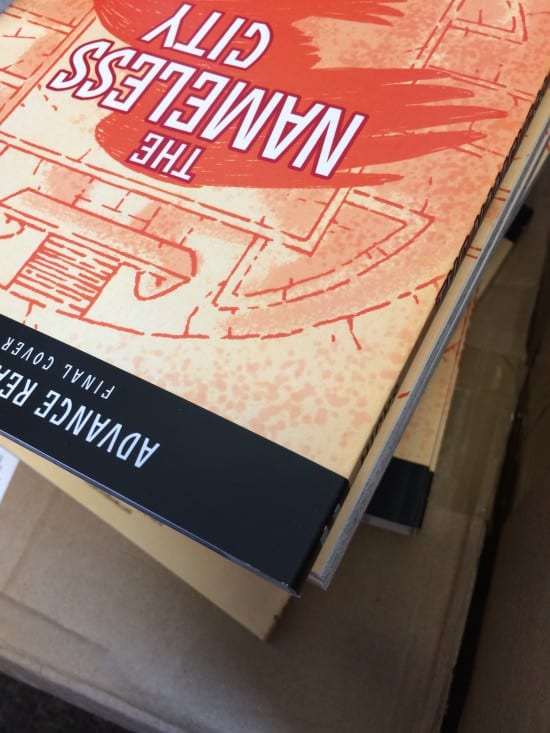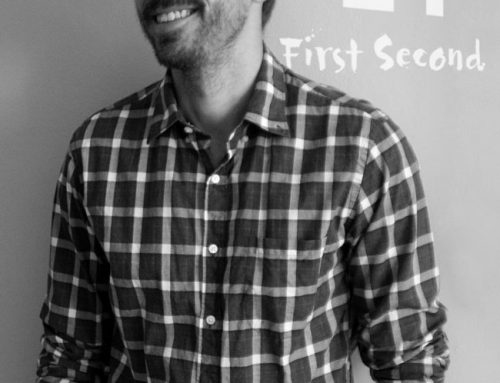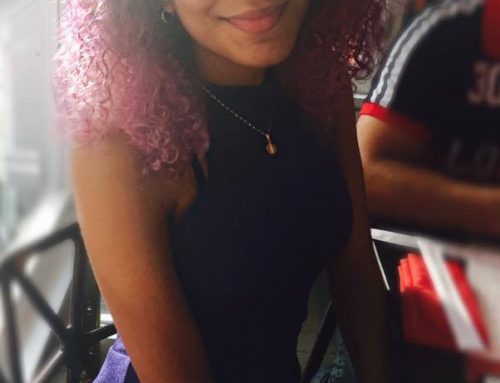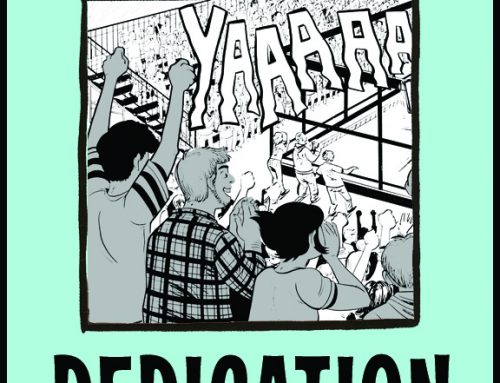test heading
(Galleys of Faith Erin Hicks’ upcoming graphic novel The Nameless City — which is going to be awesome, you guys!)
For most authors, getting a book published can be a struggle. It’s a struggle to write or draw the book, it’s a battle to edit it, it’s a fight to find the right publisher, and then a challenge to work with them to get the book published in the best way.
Why is it such a struggle? For most authors, writing/drawing a book is a really personal, creative act. It’s all about revealing lots of extremely personal things inside of an author’s brain. Getting that right can be really difficult — and working with an editor and a designer and a marketing team to make sure they understand that creative vision can task the patience of everyone involved.
As such, it’s a real temptation for authors to think of publishers as adversaries rather than partners. After all, as an author, it’s your book, right? You’re the one ultimately responsible for how it comes out.
That’s not necessarily the wrong way to look at the situation. If you have specific ideas about how you want a book you’re writing/drawing to be edited, designed, marketed, and sold, it’s always best to tell your publisher that and work with them to make that vision come to pass. But! That doesn’t mean authors and publishers need to be enemies. In fact, it can be much more efficient to look upon publishers as partners. Depending on what’s in your contract, it benefits a publisher just as much as an author if your book sells well. Publishers aren’t out to make the books they publish fail; in fact, they generally want to sell as many copies as possible.
But here’s the thing — and this is another part of why authors and publishers can end up on opposite sides of an argument — because your publisher has extensive experience publishing books, there will probably be things she’ll want to do that come from that wellspring of experience that might not initially make any sense to you. If/when that happens, treat your publisher as an ally and ask them why they’re making these choices. Not every discussion has to be a fight — and going in with an open mind and a willingness to compromise on both ends can make for a much less wrenching conversation. Some of the factors that a publisher looks at while making decisions might not be data available to authors — or they might not be things that an author is even considering.
Publishers — good publishers (ie, hopefully all publishers) should be every author’s ally in the fight to get more people to read books. And the best author-publisher relationships come from treating them accordingly!





